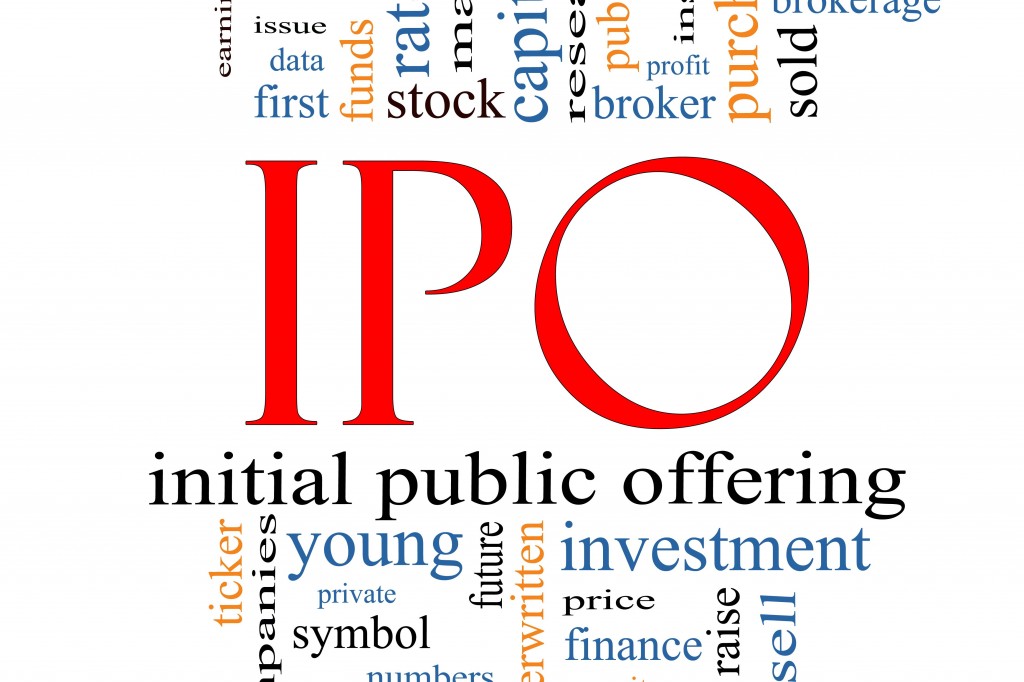<p>The big debate for any start-up business begins at a very early stage. Should I take funding support or should I Bootstrap? Bootstrapping refers to financing the business from your own resources and also from the funds generated by the company. When businesses are not too hungry for capital, they can afford to bootstrap. It is only in businesses like biotechnology, ecommerce and genomics where there is large upfront investments required that bootstrapping does not really work. Once the business achieves a certain scale and penetration, the next question is whether the company needs to stay private or whether it needs to go public.</p>
<p>Private ownership has two counter arguments. You can either sell a stake to a VC / PE fund or you can come out with an IPO. Either ways, you lose private ownership. A classic case of private ownership is the way Godrej group managed for a very long time, or the Shapoorji Pallonji group still manages. Similarly TCS stayed private for almost 40 years before Tata Sons finally opted to sell a stake to the public. If you own a successful private company and you want to grow, you might be thinking about going public. It can be a great way to raise money, increase your company’s profile but it comes with a certain cost in terms of compliance and loss of control. Let us look at the pros and cons of an IPO versus private ownership.</p>
<p><strong>What are the pros and cons of an Initial Public Offering (IPO)?</strong></p>
<ul>
<li>No marks for guessing; an IPO gets you hard cash. Where you might have been cash-constrained before, you will not be flush with capital that you have raised and you are supposed to invest in the company in order to make it grow exponentially.</li>
<li>Another big advantage of the IPO route is that it gives you the company stock as currency. It’s worth something because people can buy and sell it on a public exchange. Above all, these shares with a credible market value can be used to acquire other companies or to strengthen your market position through synergy. In short, your strategy with all the IPO funds can be either organic or inorganic.</li>
<li>For a closely held company, market acceptance and credibility matters a lot. There is a certain perceived legitimacy in being public. Potential investors and business partners feel more comfortable working with a company where the information is regularly filed with the exchanges and regulators. But there are also downsides, as we shall see now.</li>
<li>Make no mistake, an IPO is a time-consuming process and requirements for holding an IPO and being publicly traded are significant drawbacks. Additional filings, compliance and stipulations from the exchanges and regulators can be quite taxing. IPO also costs in terms of commissions, brokerage, merchant banking fees, road shows, price support etc.</li>
<li>As founders, your shares will be subject to lock-in post the IPO and hence you may not be able to sell these shares, irrespective of the notional valuation. It is also a very legitimate perception issue. Investors, especially the institutional investors, invest money in the promoters as much as in the company. They don’t want to see the investors scooting away immediately after the IPO.</li>
</ul>
<p><strong>Pros and cons of staying private</strong></p>
<ul>
<li>One of the big advantages of staying private is that you report to a finite group of investors. Staying private means you choose exactly who invests in your company and the option to go public is always available to you later on. As long as you remain private, you don&#8217;t have to alter your company’s focus or strategy just to make your stock more attractive to analysts and fund managers.</li>
<li>We recently saw a marquee name like ICICI Securities flunking on its IPO. The IPO could flop and that could have serious repercussions for your business and for the standing of the company in the market. One of the merits of staying private is that you don’t subject your company to that risk.</li>
<li>There are many small companies that don’t have a convincing story to sustain public interest. You need to have a strong following among analysts and your company must be in a high growth industry. Else, you company could also end up as a penny stock. Staying private is a better choice. But there are also downsides in staying private.</li>
<li>It is hard to private companies to attract top quality technical and managerial talent. Another con is that as a private company, you can’t use your stock as currency to acquire competitors or even to leverage your balance sheet adequately.</li>
<li>Lastly staying private also limits liquidity for existing investors. They can’t easily sell their stake in the stock market and that limits their future interest in such investments. And as we have seen in cases of Flipkart, even without an IPO you can lose effective control.</li>
</ul>
<p>In a nutshell, once you are able to scale and get economies of scale, an IPO does add a lot of value. Greater transparency and governance standards only help you in the long run!</p>
<p> ;</p>
<p>Visit this website for more information on IPO.</p>

IPO or Private Ownership: The Big Debate in Business
